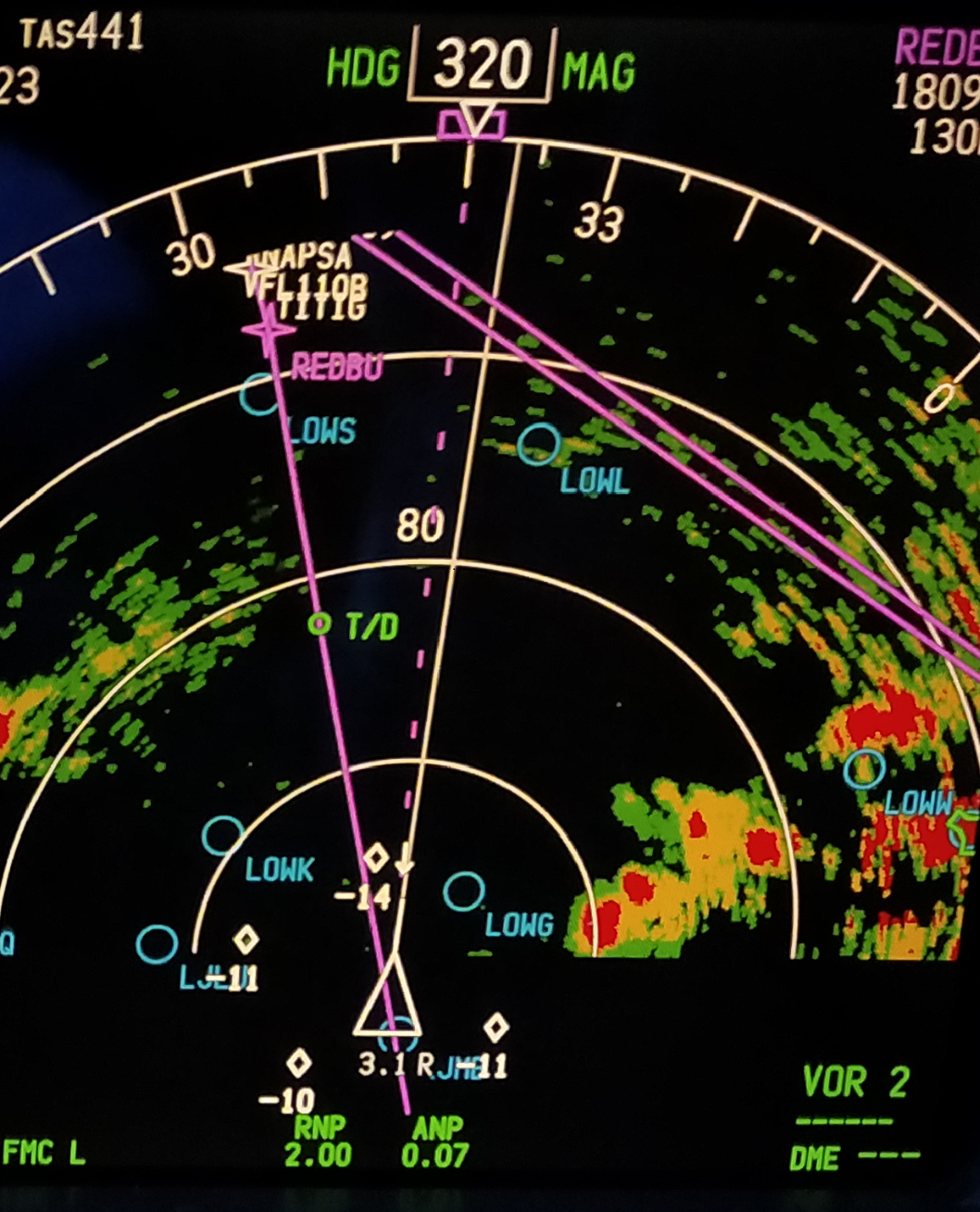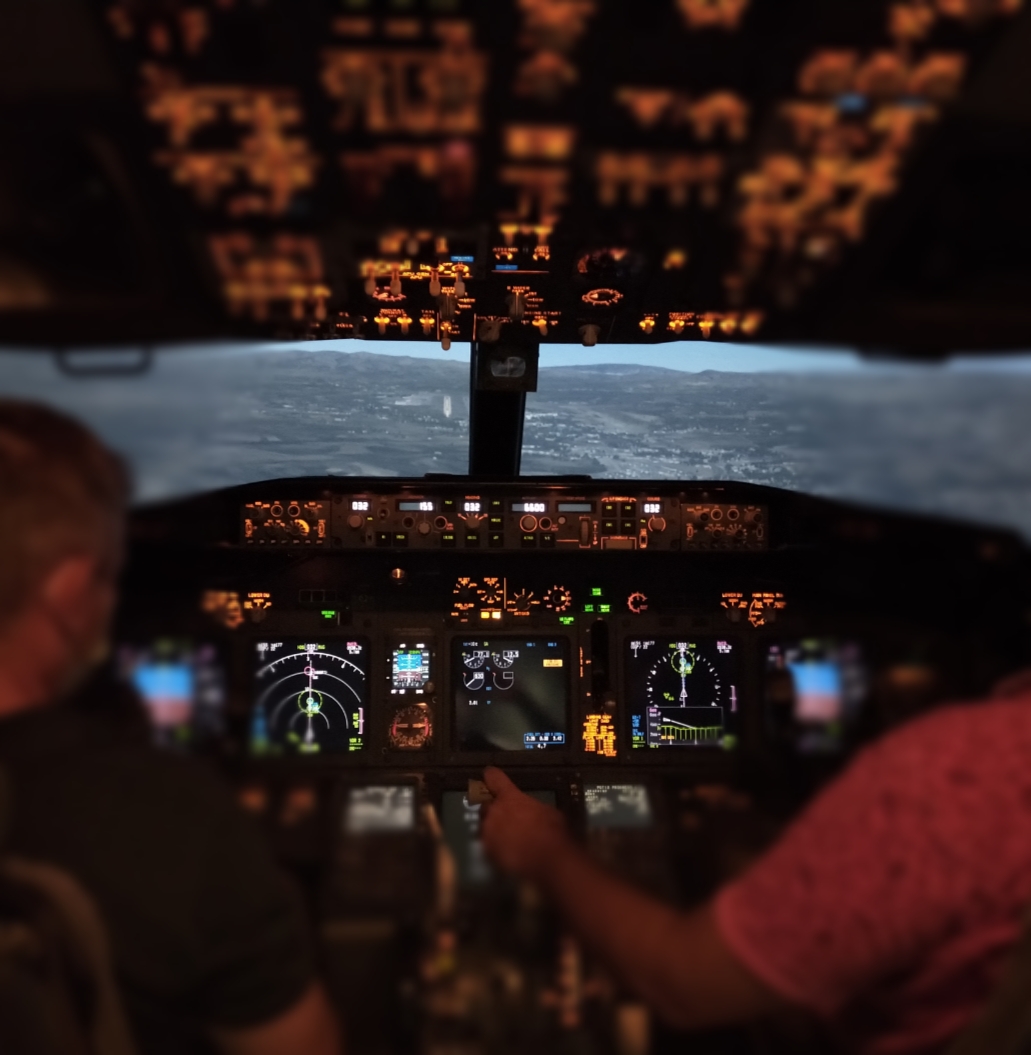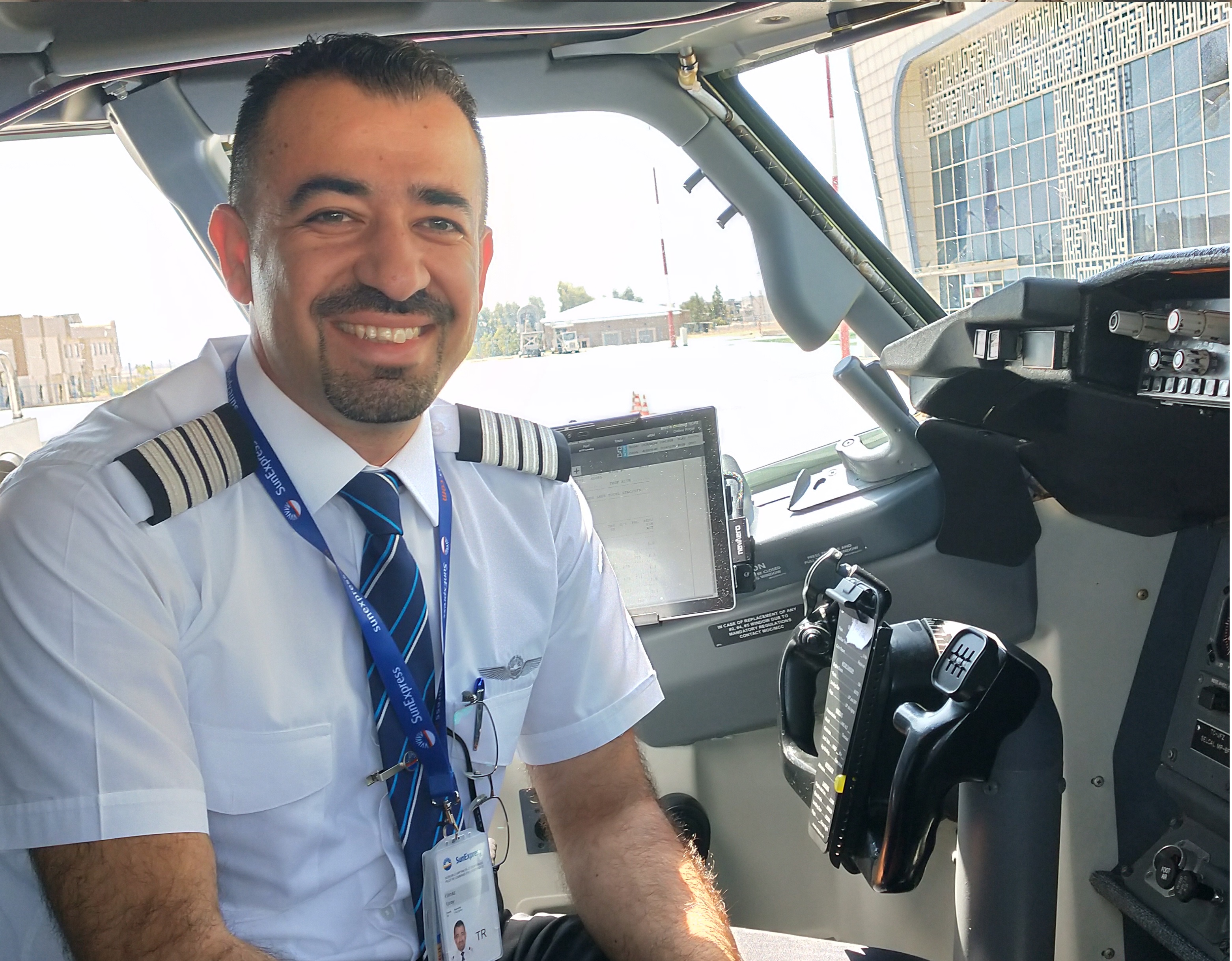Grappling with the effects of infrequent flying
Irrespective of what the profession throws at them, flight crews are compelled to possess the best of integrity and performance whilst handling expensive machinery designed to transport gem-like occupants from point A to B. Naturally, the evolving industry over the last century saw immense fluctuations in the traits pilots were expected to have. Being as flexible as they are, thanks to innate human qualities, pilots adapted very well to varying expectations that arose from technological advancements, commercial interests, security concerns and health related matters, to name but a few.
Regardless of the reason, the profession has always imposed a high-stakes lifestyle that only a select number of other professionals would encounter. Living on a double-edged sword, a career full of ups and downs, whilst being forced to establish a balanced lifestyle between home and work, this would surely not prove piece of cake for the bulk of the population. Still, this would in no way relieve the pilot from having to display top-notch ability to serve what the job demands, but rather add insult to injury and inflict a chaotic vicious circle in which the pilot would strive to be a competent person doing their job properly, and at the same time commit to a family life without any glitches.
Pilots are not gifted with having the choice of being good at one thing and not so good at the other. No wiggle room to cherry-pick your favorite moment. And for some strange reason, they are branded with the ‘ultimate-performers’ label that rarely tolerates any shortcomings. Perhaps, pilots are partly to blame for the sturdy outfit they have been decorated with, resilient actors, displaying fine airmanship under challenging conditions, both on and off the flight deck. There are stark differences between what pilots had to endure during the toddler days of aviation when aircraft design was not as forgiving, and the modern era where we risk being the victim of our own success due to a number of alarming issues which in itself deserves a full article. But with the advent of sophisticated cockpit technology, no doubt that a similar sort of flying talent that was essential in the early days of jet flying is becoming more and more relevant today as well.
The pebble stones on the way, however, like the COVID pandemic, is surely not helping the situation. The industry is rightly fearful of the ‘skill threshold’ of pilots adversely going in the wrong direction thanks to time away from the flight deck. This is a rabbit-hole the industry is trying to avoid at all costs.
Let’s not forget that the industry had already been critical of some areas of piloting deficiencies prior to the pandemic, in particular the manual handling skills. After all, we may appear to be on a totally new page because of the pandemic, but some of the script is well familiar and known, and still awaits addressing. The subject has been on our agenda for some time. Dependency on automation and associated degradation in overall flight handling combined with lack of proper systems knowledge was already concerning. Rote learning and habitual flying somewhat kept the ball rolling, but with little comfort that the day could be saved in case of the unexpected.

Avoiding intense convective activity over and to the north of Graz, Austria, just before descent into Munich. Weather reflection over Graz and immediately to the right off-track is not visible due to display range and radar tilt
More often than not, the primary cure still lies at the heart of the problem, and going back to the basics is perhaps the key, and not occasionally, but routinely. Pilots themselves need to be self-committed and continuously on their toes when it comes to remaining fresh. This shall always be the eye-catching and perennial reality that can ultimately help solve the mystery. Assuming that they are the rookie pilots they once were, sticking to ‘chair-flying’, mental rehearsals, and conducting computer flight simulation exercises can substantially do the trick, and is probably the best method to remain up-to-scratch. One scientifically proven fact that many flight instructors would know about the process of ‘forgetting’ is that it mainly results from lack of practice. Thus, pilots shall practice, and practice a lot until they think they nailed it, at which point they must practice again to avoid complacency, both in practical and procedural sense, because procedural shortcomings can be as lethal as degraded handling skills. Proficiently recalling memory items when needed, for instance, is not a subject to be addressed only a week before the next simulator check. On the contrary, it deserves full-time attention before each and every flight to ensure that short-term memory is profoundly alerted to perform the memory items if and when required. One great way to make this a quick and easy habit is to record your own voice rehearsing the memory items in a systematic fashion, and then to listen to the recording over and over again. Some may find listening to their own voice rather irritating, but it’s a proven method that works for many pilots. Next is to mentally practice the application of memory items in actual flight when conditions allow. Soon, the Quick Reference Handbook that may appear to be a nuisance study material before simulator sessions will become a fully digested resource that will enhance confidence in handling an in-flight event.
Missing the Transition Level, forgetting that you have a landing gear to extend, or completing an immaculate approach briefing in poetic style, only to forget to do the descent checklist afterwards are all relevant factors in context whilst addressing the intricacies of being off-duty for extended periods. Hence, amongst other important elements, application of procedural knowledge is one of the very critical and conspicuous elements of EASA’s list of pilot competencies, and should therefore go hand-in-hand with the manual handling skills of pilots to enhance safe aircraft operations, despite the manual handling skills drawing a higher public attention and scrutiny.
Falling back on the basic training techniques and principles should not prove shameful for the experienced pilot, quiet the opposite, the very same rudimentary methodologies that helped them qualify in the first place are equally powerful in helping them cling onto essential skills like dear life.

Beautiful sunrise over Turkey
But, as a dear colleague, a training Captain, Mariano Andres Magarinos rightly mentioned, ‘Waiting for someone else to behave as they should (with focus, motivation, and commitment) is risky in terms of traceability and quality’.
Clearly, admirable attributes associated with pilots won’t be allowed to become gold-dust, as the industry is proud of its regulatory oversight and scrutiny. Credit must be granted to a good number of operators and regulators who have shown some great leadership and foresight early on during the pandemic and made sure the profession wasn’t left to its own devices. The industry seldom relies on lottery luck, with a few exceptions that can contradict this statement, but how exactly and effectively we can do this at global scale is the burning question.
Still, more and more highly qualified and skilled pilots are being forced to hibernate until sunnier skies emerge behind the stormy clouds, ringing the alarm bells for immediate attention and action to avoid losing hard-earned experience and know-how.
In a nutshell, with no real end in sight to the ongoing agony, we must act expeditiously and address the how and whys of what needs to be done to make sure that pilots remain the sturdy, proficient, and alert individuals that we have gotten to know them for.
Here is a list of some essential aspects that come to mind;
1. Continuation of regulatory support and advice to pilots
2. Assurance by either operators or authorities to ensure license validation regardless of the duration of time off-work
3. Financial support to ensure stability
4. Regular online checks to maintain safe threshold of theoretical knowledge
5. Discounted or free simulator slots to practice routine and emergency procedures
6. Counseling support for psychological and personal matters without any fear of repercussion
The enhanced spectrum of operational responsibilities shouldered by pilots due to the complexities of global commercial flying in the last few decades pushed pilots to become the jack of all trades. This suggests that pilots no longer only fly and navigate their aircraft as the name suggests, but also embark on a greater mission to fulfill spates of varying operational challenges. This might sound very empowering as it does, but brings a whole new set of burden on how much an individual pilot can handle at any given time.
As the old saying goes, maintaining the pole position is probably harder than getting there in the first place. It takes a pilot a lot of grit, commitment, sacrifice, and will-power to become the person that they do over the years, not forgetting the financial burden that manifests itself along the way. So, let’s do all we can in our capacity to make sure piloting skills don’t gradually diminish, as the safety implications of allowing ‘quality decay’ in the flight deck is far more detrimental than the personal consequences.

